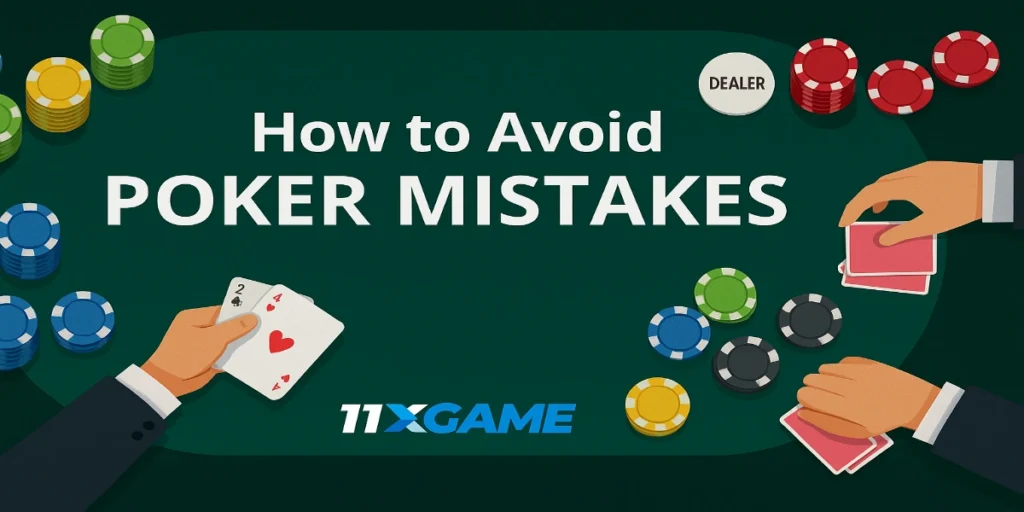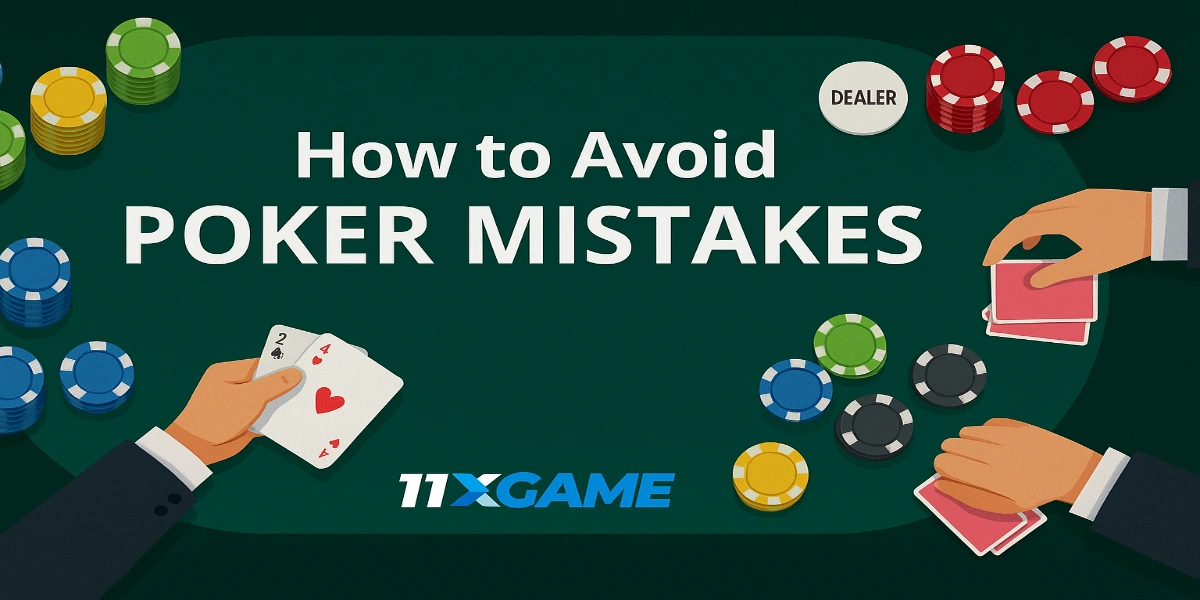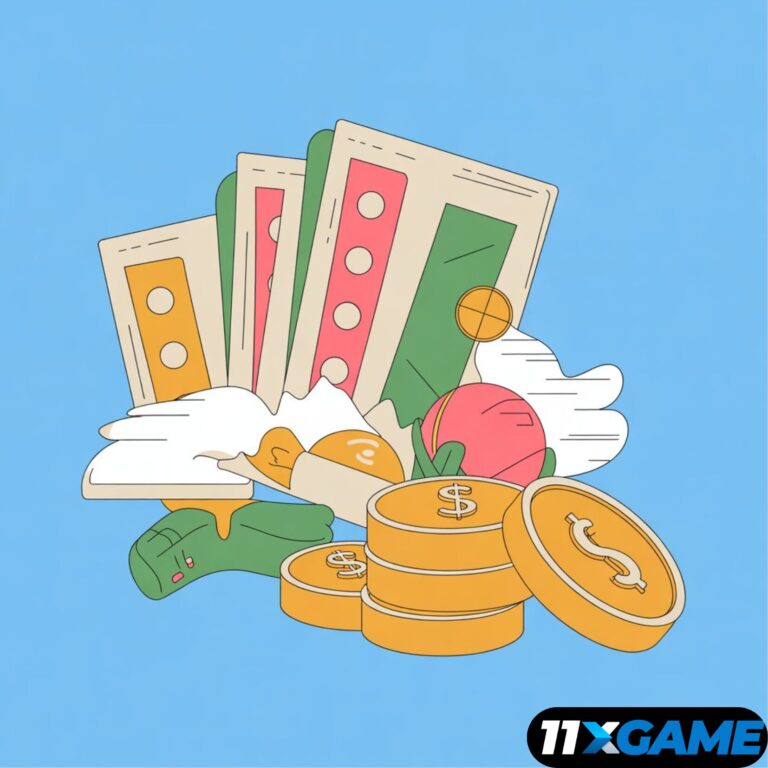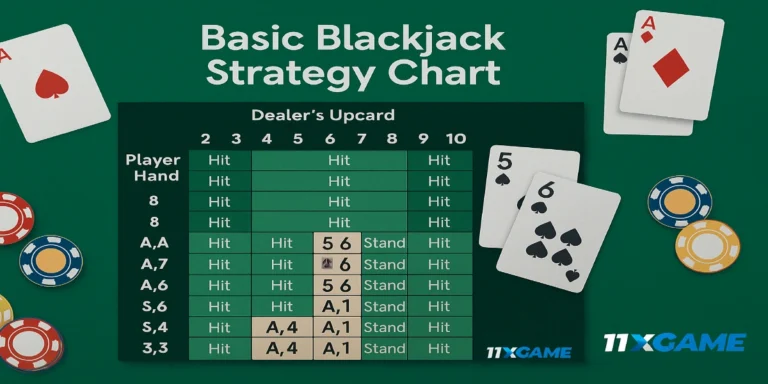Common Poker Mistakes Beginners Make (and How to Avoid Them)
Introduction
Poker is one of the most popular card games worldwide, played in casinos, home games, and online rooms. But for beginners, the learning curve can be steep, and many new players repeat the same errors that experienced players quickly spot. These mistakes not only cost money but also slow down your progress as a poker player.
The good news? Most of these errors are easily fixable once you know what to look for. In this comprehensive guide, we will go over the most common poker mistakes beginners make, why they happen, and actionable tips to correct them. By the end of this article, you will have a clear roadmap to become a more disciplined, profitable, and confident player.
1. Playing Too Many Hands
Beginners often fall into the trap of thinking they must play every hand because folding feels boring. However, poker rewards patience. Playing too many hands means you are putting chips in the pot with cards that are unlikely to win in the long run.
Example: Calling with hands like 7♣ 3♦ or J♠ 4♥ from early position might seem harmless, but over hundreds of hands, these will lose you money.
How to Avoid: Study starting hand charts to learn which hands are strong enough to play in different positions. Practice folding bad hands and wait for premium hands such as A-A, K-K, Q-Q, or strong suited connectors when in position.

2. Ignoring Position
Position refers to where you are seated relative to the dealer button. Acting last in a betting round gives you the advantage of seeing what everyone else does before making your decision.
Why It Matters: Players in late position can play a wider range of hands profitably because they get more information.
How to Avoid: Learn to play tighter (fewer hands) from early positions and gradually loosen up as you get closer to the button. This simple adjustment will make your decisions easier and more profitable.
3. Overvaluing Weak Hands
Another common leak is overvaluing hands like top pair with a weak kicker (e.g., K♣ 8♠ on a K♦ 6♠ 2♣ board). Beginners often think, “I have top pair, I must be ahead,” without considering that opponents could have a stronger kicker or two-pair.
How to Avoid: Learn to evaluate your hand strength in relation to the board. Ask yourself: “What hands beat me here?” before committing too many chips. If the action gets heavy, be willing to fold even if you have top pair.
4. Bluffing Too Often
Movies and TV shows glamorize bluffing, making it look like the most exciting part of poker. This leads beginners to bluff too frequently, hoping to win pots with nothing.
The Problem: If you bluff too often, observant opponents will catch on and call you down lighter, making your bluffs expensive.
How to Avoid: Bluff with a plan. Choose spots where your story makes sense (e.g., you raised pre-flop and the flop favors your perceived range). Use semi-bluffs (drawing hands with outs) so that even if you get called, you still have a chance to win.
5. Failing to Manage Bankroll
Bankroll management is crucial for long-term poker success. Many beginners jump into games with stakes that are too high or use money they cannot afford to lose.
How to Avoid: Set aside a dedicated poker bankroll separate from your personal finances. Follow the general rule of having at least 20–30 buy-ins for cash games and 50+ buy-ins for tournaments. This protects you from going broke during inevitable downswings.
6. Chasing Losses
After a bad beat, many players try to win back their money immediately by playing more aggressively or moving up in stakes. This is known as “tilt,” and it usually leads to losing even more money.
How to Avoid: Take breaks when you feel frustrated. Recognize when you are not in the right mindset to play. Walking away and returning with a clear head will save you money in the long run.
7. Not Paying Attention to Opponents
Poker is not just about the cards; it is a game of information. Beginners who only look at their own cards miss valuable opportunities to exploit opponents’ tendencies.
How to Avoid: Watch how other players bet in different situations. Are they aggressive or passive? Do they bluff often? The more information you collect, the better decisions you will make.

8. Playing Without a Strategy
Many beginners just play by “feel,” deciding in the moment without a consistent plan. This leads to unpredictable results and makes it hard to improve.
How to Avoid: Learn the fundamentals of poker strategy—pot odds, position, ranges—and apply them consistently. Keep track of your sessions and review your biggest hands to see what you could do differently next time.
9. Ignoring Bet Sizing
Bet sizing is an often-overlooked aspect of poker. Beginners either bet too small (giving opponents good odds to call) or too big (risking more than necessary).
How to Avoid: Learn standard bet sizes for different situations, such as continuation bets (usually 50–70% of the pot). Your bet size should tell a consistent story based on the strength of your hand.
(This article is for informational purposes only. Gambling involves risk. Please bet responsibly.)
Always Check local laws before playing & follow the law.
Conclusion
Poker is a game of patience, discipline, and constant learning. Avoiding these common mistakes will not make you a winning player overnight, but it will significantly improve your results. Every professional player once made these same errors and learned to correct them.
If you focus on playing fewer hands, respecting position, managing your bankroll, and staying emotionally balanced, you will have a huge advantage over beginners who ignore these fundamentals.
Key Takeaways
- Play fewer, stronger hands and fold weak ones.
- Use your position wisely to gain an edge.
- Avoid bluffing too frequently—make it strategic.
- Protect your bankroll and play within your limits.
- Pay attention to your opponents and their patterns.
- Stay calm, avoid tilt, and keep reviewing your game.
FAQs
Q1: What is the number one mistake poker beginners make?
Playing too many hands without considering position or hand strength. This leads to losing chips with weak hands.
Q2: Is bluffing important in poker?
Yes, bluffing is a key part of the game, but it must be used selectively and strategically. Bluff when your range represents strength and when your opponents are likely to fold.
Q3: How can I stop losing money in poker?
Focus on bankroll management, choose the right stakes, and avoid emotional decisions. Review your sessions to find patterns in your mistakes.
“For more educational resources and responsible gaming tips, visit 11xGame to stay informed and safe while enjoying your favorite sports.”






